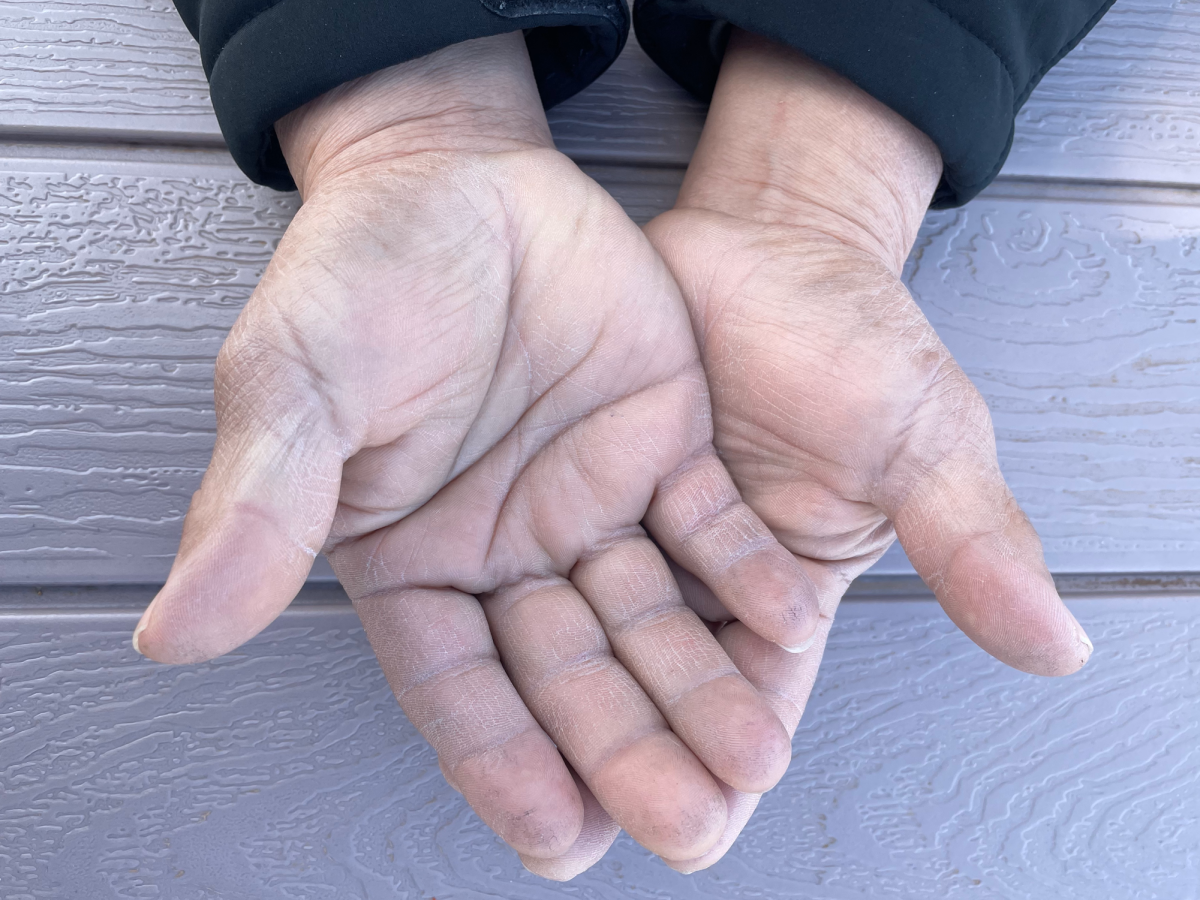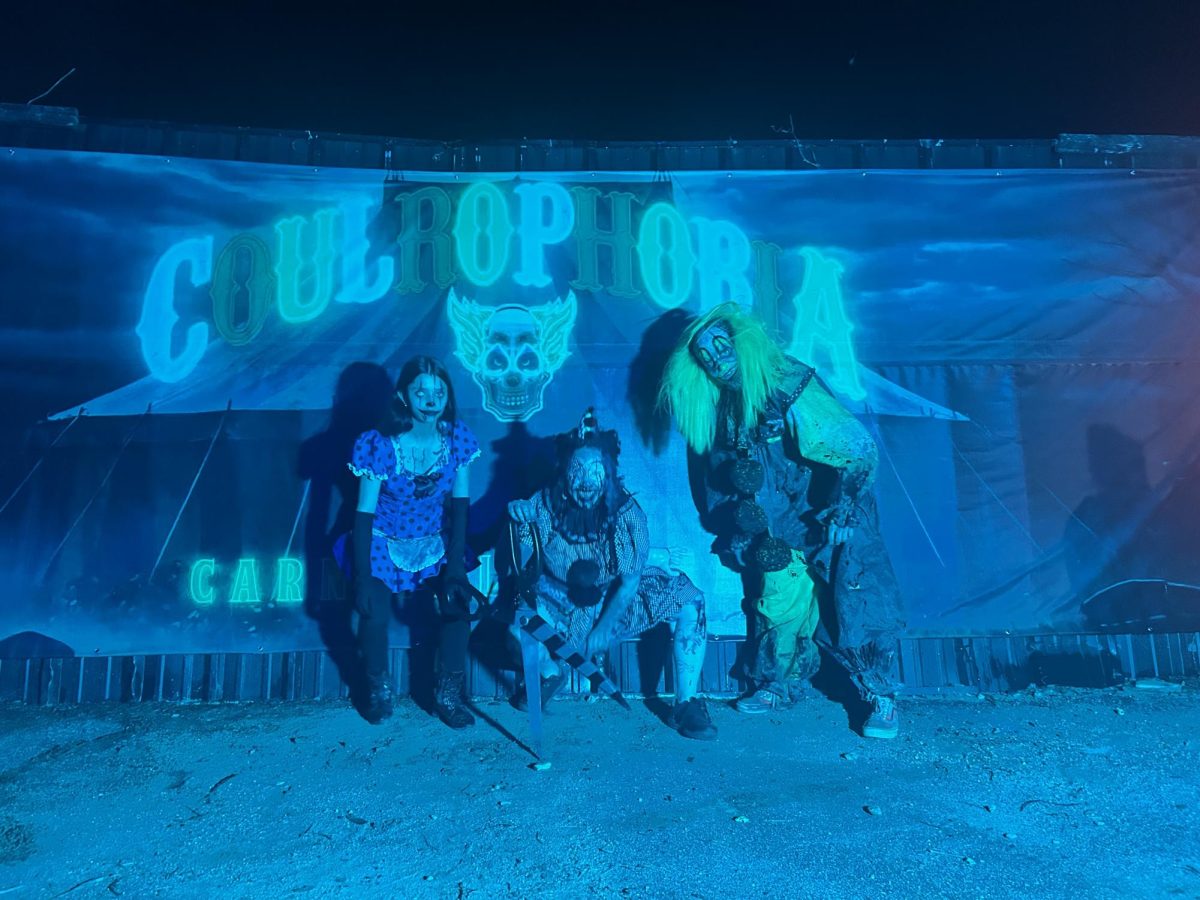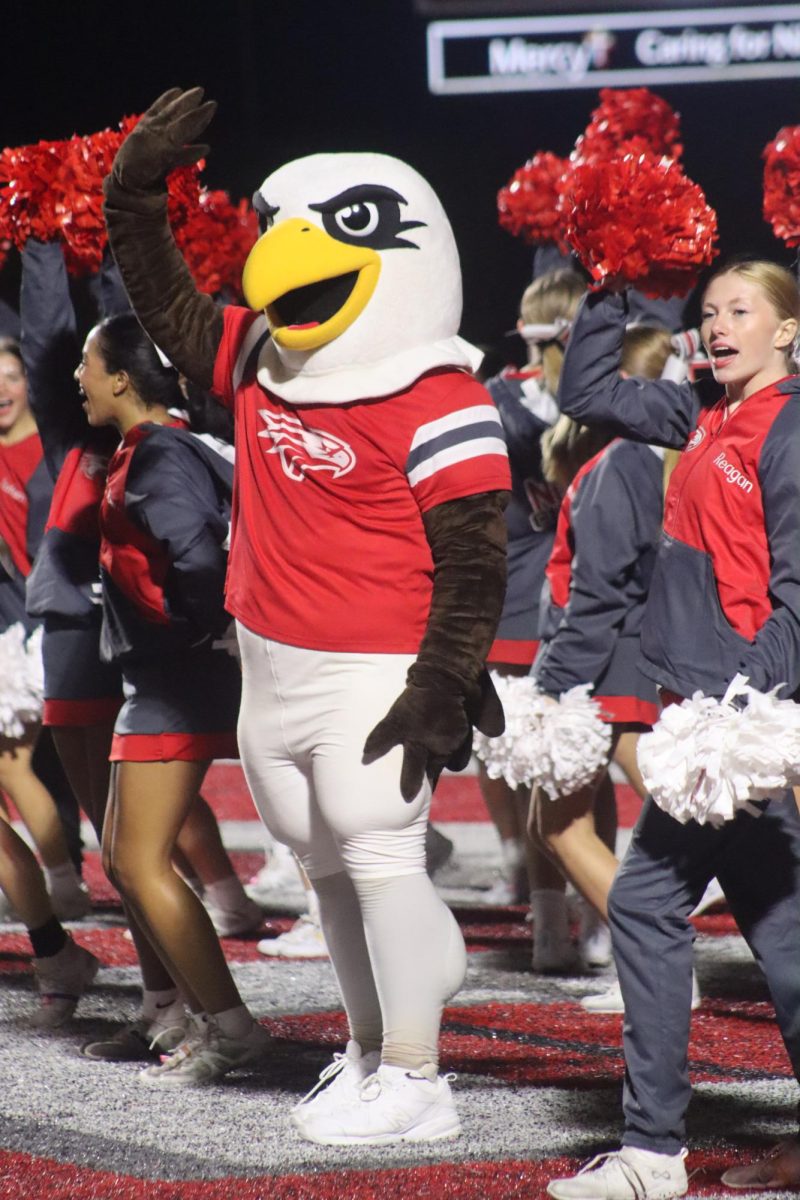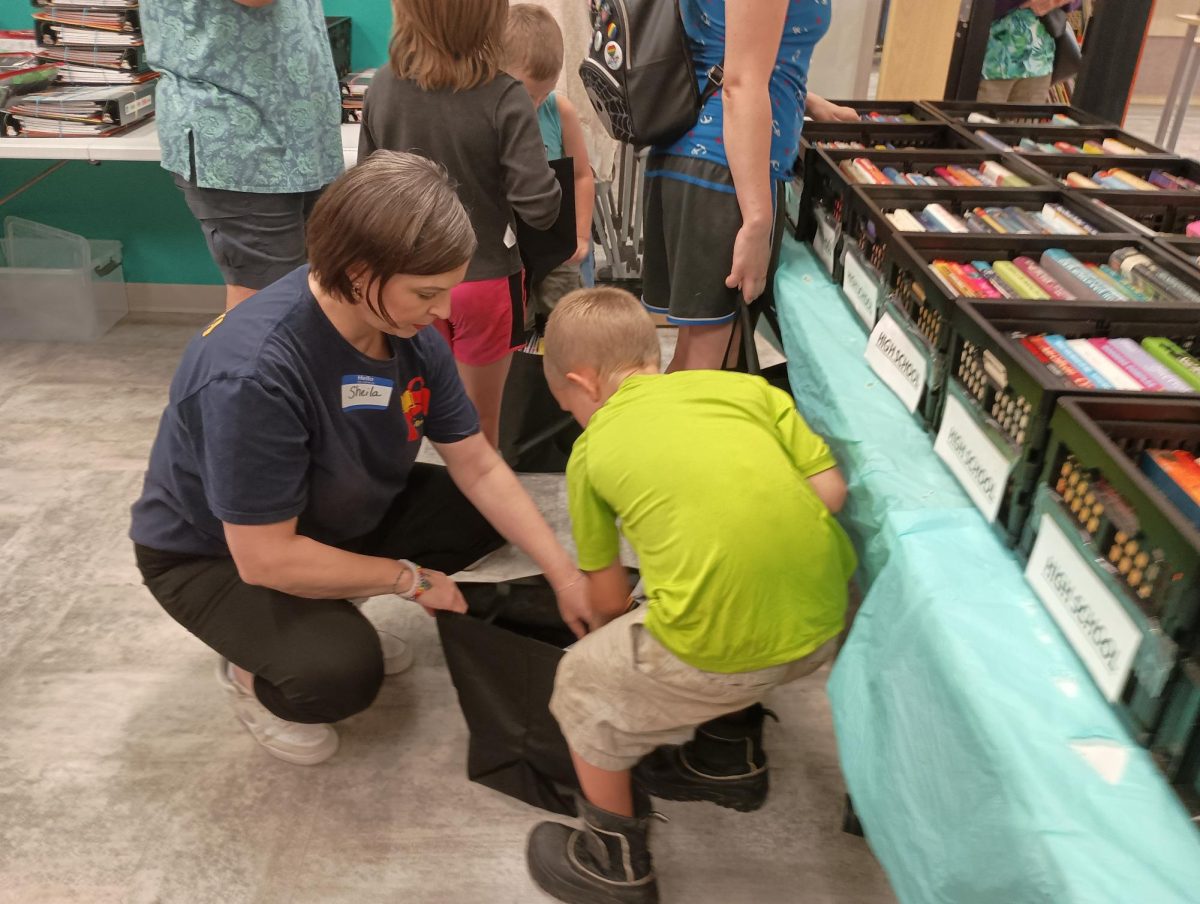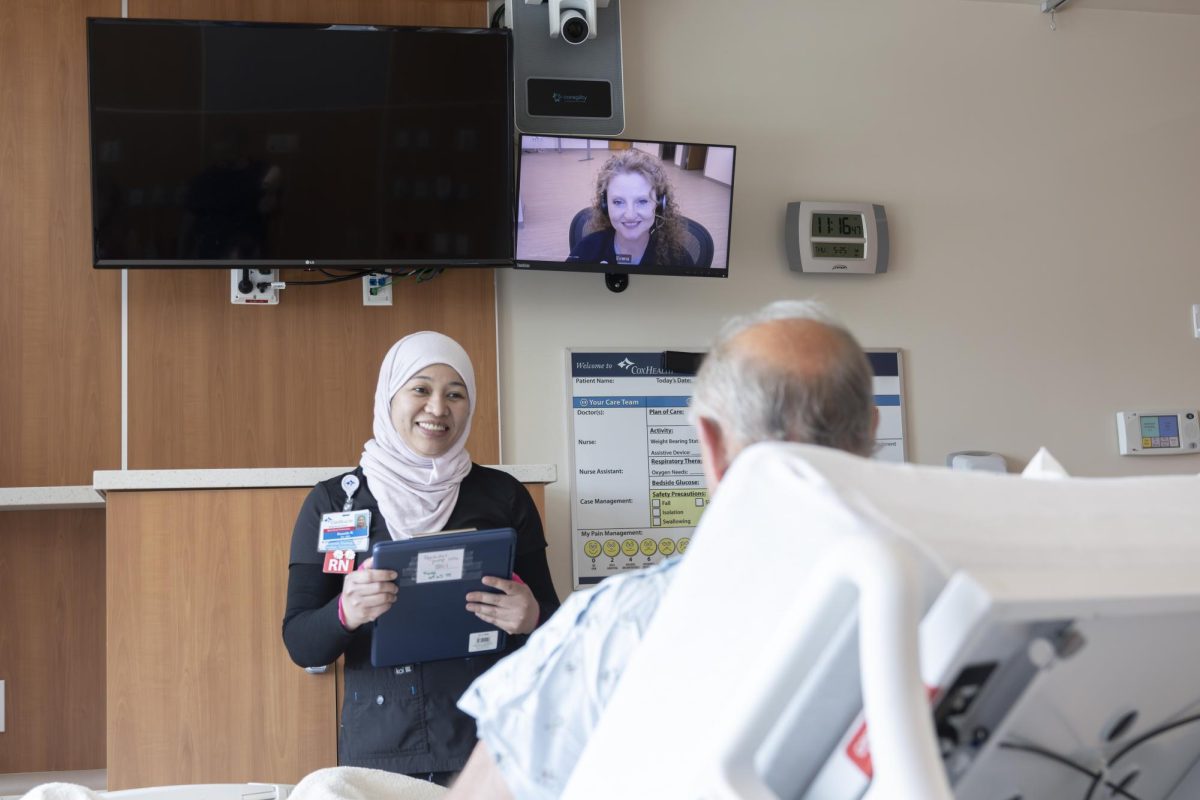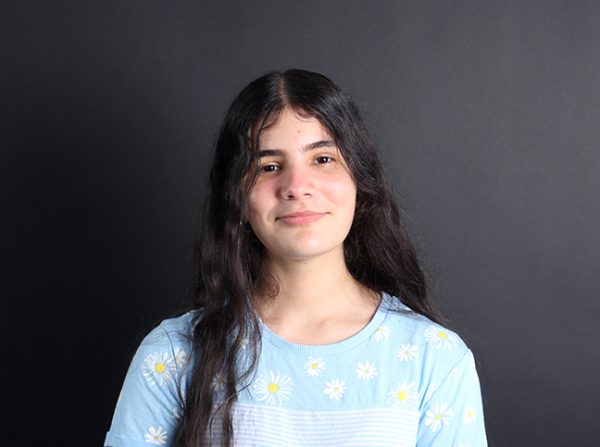Refuge, academic opportunities, prosperity: all reasons people immigrate. Immigrants say goodbye to their old life, uproot themselves from their culture and set foot somewhere new.
Each motive varies, as each person is different. It is impossible to know the story of everybody. But everyone has the opportunity to know the people that make up their daily life.
To start again is nothing easy. In many ways it is a sacrifice. A sacrifice ventured sometimes because it is the best choice, and sometimes because there is no other choice.
Imtihan Alaid
After terrorists took over Iraq, 21-year-old Imtihan Alaid and her family left for Turkey.
“We couldn’t go back to our home country because of the war, and in Turkey, if you have to stay, you have to pay money for fees,” Alaid said. “We didn’t have money to pay.”
Alaid, her mother and three of her siblings applied to a refugee program. 10 years later, in April 2023, they found out they were moving to the United States.
“We didn’t know that we were going to go to a city named Springfield, or [to] America,” Alaid said. “We never planned for it, it just happened.”
Alaid has been met with good treatment from people living in Springfield; she and her family received help from their neighbors when adjusting to American laws and customs.
“All [the] people were really nice to us and friendly,” Alaid said. “So, we are so happy … [about] that. When we first came here, we didn’t know anything. Not about the law, not about the system. Our neighbors were American and … they helped us a lot. We are really grateful for them, they are just amazing people.”
Alaid is working on opening a small business that will sell desserts. She plans to test the products at the farmers market.
“I feel chill and happy that we are here,” Alaid said. “Now we [the family] can have our plan and work on it without changing it because we don’t have to be worried … [about] moving on.”
Sriyan Uppugunduri
From 1965 to 2024, what is known by the Pew Research Center as the modern era of immigration, 72 million people came to the U.S. Of all nationalities included in that number, India placed third.
Freshman at Nixa, Sriyan Uppugunduri’s mother came to the U.S. in 2002 from India to pursue a PhD in organic chemistry with a full scholarship from the university. His father followed in 2006. Uppugundruri was born in the U.S.
“I want [people] to know to respect all cultures, and that all traditions are really cool and that they should explore different stuff,” Uppugunduri said.
Varvara Mukhaleva
When stepping foot in a new country, immigrants may experience culture shock. They have come from somewhere different and will have to adjust, whether it’s the language, the culture or the food.
Junior Varvara Mukhaleva, a foreign exchange student from Kazakhstan, said that students who go to another country experience unexpected changes.
“[We] are just not used to this environment,” Mukhavela said. “Sometimes it can be really hard … and, [we] are always really happy to have new friends, to gain new acquaintances.”
Mukhavela applied to the Future Leaders Exchange Program (FLEX) and will return to Kazakhstan in August. She said she is thinking of being a biomedical engineer and may apply to a university in the U.S.
Joshua ‘Sooa’ Cho
Born in Virginia, and the only U.S. citizen in her family, freshman Joshua ‘Sooa’ Cho has moved a total of seven times. Five in Korea, and twice to the U.S., changes she underwent with her family of two sisters – one older, one younger – her mom and her dad.
She was just a few months old when her family returned to Korea for her dad to be a pastor. There she grew up, gaining new memories. Like her favorite: going to the beach when she lived in the city of Busan.
Four years ago, they returned to Virginia for Cho’s dad to study more at the same university he went to when she was born.
Coming back to the U.S., she said that the three fears of her family were the fear of the culture, the language and the loneliness caused by separating from family.
But Cho said that compared to living in Korea, she faces less pressure in the U.S.
“I have time to prepare for my future, and I enjoy soccer so much,” Cho said. “In Korea, if you are not going to be a professional soccer player, you cannot play soccer at all … because … [you] have to study.”
In the first two years after moving back to the U.S., Cho understood English but didn’t want to talk.
“I couldn’t even say hi for two years, and I couldn’t even say ‘here’ when teachers took attendance,” Cho said. “It was really hard to learn English because I was a person who didn’t want to … [speak] if I’m not perfect. So, I didn’t say a word.”
It has been less than a year since her family moved to Nixa.
“As I’ve grown up, I’ve been wanting to be a surgeon,” Cho said. “I think that’s the way that I can help people.”




